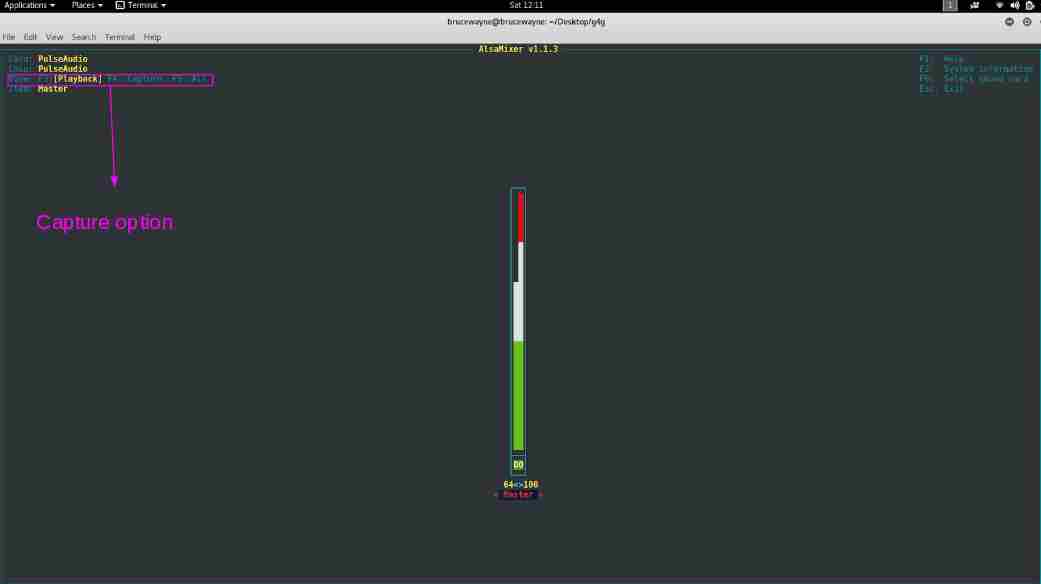先决条件: Python中的Lambda
null
给出一个数字列表,找出所有可被13整除的数字。
Input : my_list = [12, 65, 54, 39, 102,
339, 221, 50, 70]
Output : [65, 39, 221]
我们可以使用 拉姆达 函数,以查找列表中可被13整除的所有数字。在Python中,匿名函数意味着函数没有名字。
Python中的filter()函数接受函数和列表作为参数。这提供了一种优雅的方法,可以过滤掉序列“sequence”中的所有元素,函数将为其返回True。
# Python Program to find numbers divisible # by thirteen from a list using anonymous # function # Take a list of numbers. my_list = [ 12 , 65 , 54 , 39 , 102 , 339 , 221 , 50 , 70 , ] # use anonymous function to filter and comparing # if divisible or not result = list ( filter ( lambda x: (x % 13 = = 0 ), my_list)) # printing the result print (result) |
输出:
[65, 39, 221]
给定字符串列表,查找所有回文。
# Python Program to find palindromes in # a list of strings. my_list = [ "geeks" , "geeg" , "keek" , "practice" , "aa" ] # use anonymous function to filter palindromes. # Please refer below article for details of reversed result = list ( filter ( lambda x: (x = = "".join( reversed (x))), my_list)) # printing the result print (result) |
输出:
['geeg', 'keek', 'aa']
给定字符串列表和字符串str,打印str的所有字谜
# Python Program to find all anagrams of str in # a list of strings. from collections import Counter my_list = [ "geeks" , "geeg" , "keegs" , "practice" , "aa" ] str = "eegsk" # use anonymous function to filter anagrams of x. # Please refer below article for details of reversed result = list ( filter ( lambda x: (Counter( str ) = = Counter(x)), my_list)) # printing the result print (result) |
输出:
['geeks', 'keegs']
© 版权声明
文章版权归作者所有,未经允许请勿转载。
THE END


![关于”PostgreSQL错误:关系[表]不存在“问题的原因和解决方案-yiteyi-C++库](https://www.yiteyi.com/wp-content/themes/zibll/img/thumbnail.svg)





